“In the multitude of my thoughts”
Written by H, Posted in Christian Living, Published Work

“In the multitude of my thoughts within me thy comforts delight my soul.” (Psalm 94:19)
Every day, our thoughts are more than we can count, and how many of them are to our benefit instead of burdening us down?
Depending on the day, of course, your answer may vary.
What is common however, is that we all have a multitude of thoughts, whether for good or bad.
Albert Barnes wrote of our thoughts, “How many are vain and frivolous; how many are skeptical; how many are polluted and polluting!” Sometimes the very thoughts we try to mute are the very ones we mull around the most.
When your mind is racing
As if it weren’t hard enough to keep our thoughts under control on a good day, how much more difficult does this become when we’re walking through trying times! To keep our focus anywhere other than our problems requires a great deal of perseverance.
Our thoughts are plenty and have a tendency to wander. David described this as “the multitude of my thoughts,” (Psalm 94:19). The word “multitude” here is the same word used to describe the great multitudes of people that followed Jesus in the Gospels, and describes an abundance, a great number, or a large crowd.
David wrote Psalm 94 during a time of intense persecution against his people. He wrote these words of comfort not just for himself, but for those who were experiencing tribulation alongside him. He encouraged his people to keep their focus on God. When he was experiencing all of these anxious and perplexing thoughts, David said of God that, “thy comforts delight my soul.” (Psalm 94:19).
What are God’s comforts?
So, what are God’s comforts and how can we allow His comforts to delight our souls when we are downtrodden with the multitude of our thoughts?
Spurgeon said in his sermon “Comforted and Comforting” that “God is the God of all comfort; — not merely of some comfort, but of all comfort. If you need every kind of comfort that was ever given to men, God has it in reserve, and he will give it to you. If there are any comforts to be found by God’s people in sickness, in prison, in want, in depression, the God of all comfort will deal them out to you according as you have need of them.”
“the Father of our Lord Jesus Christ, the Father of mercies, and the God of all comfort.”
2 Corinthians 1:3-4
Whatever our thoughts may be centred around — health, food for the table, financial uncertainties, recession, depression, unrest in the world — God is, as Paul wrote in 2 Corinthians 1:3-4, “the Father of our Lord Jesus Christ, the Father of mercies, and the God of all comfort.”
Whatever the condition, God has the comfort. Reassurance for anxiety; hope for depression; faith for doubts; benevolence for selfishness.
In the multitude of our thoughts, we must allow Him room to work.
As we cannot get warm without making an effort to do so by putting on more clothes, nestling under a blanket, or standing by a fire, so we cannot be comforted if we do not seek out the very One which will provide us comfort.


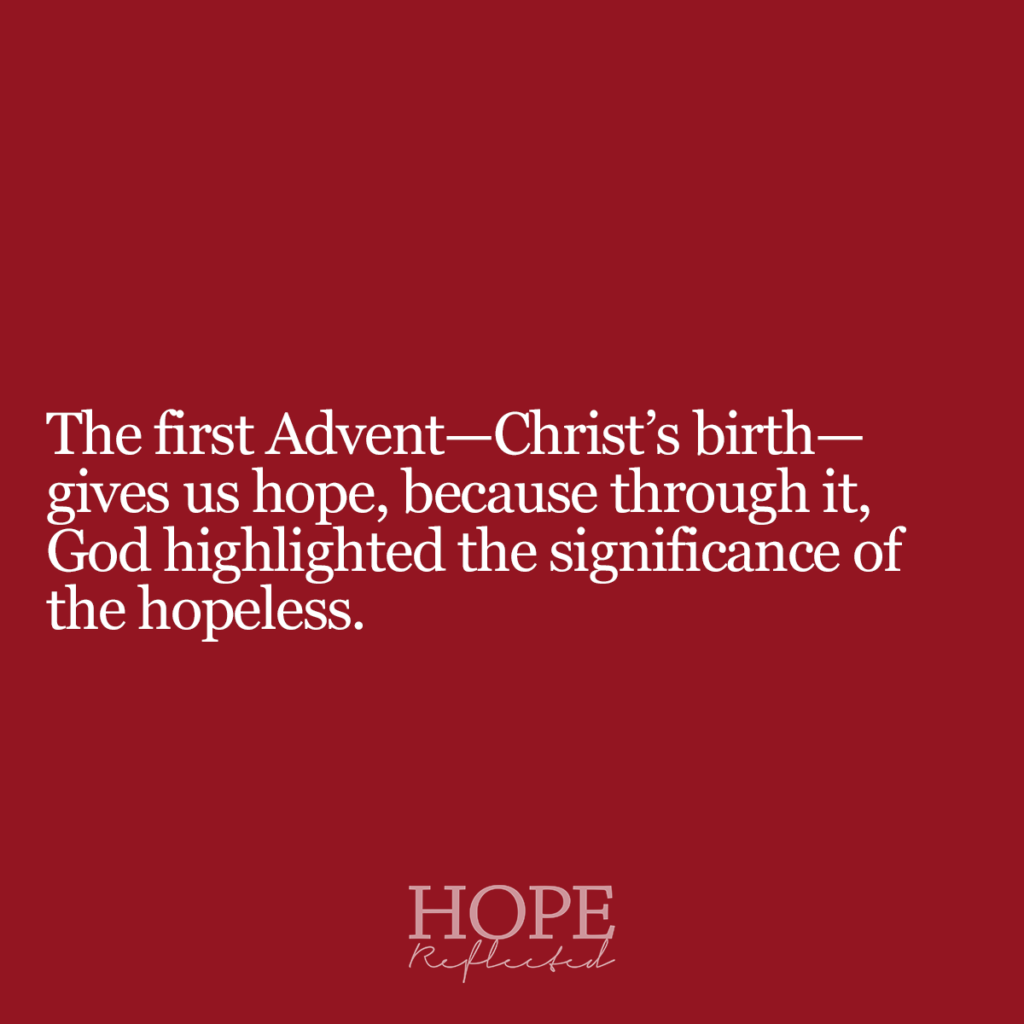

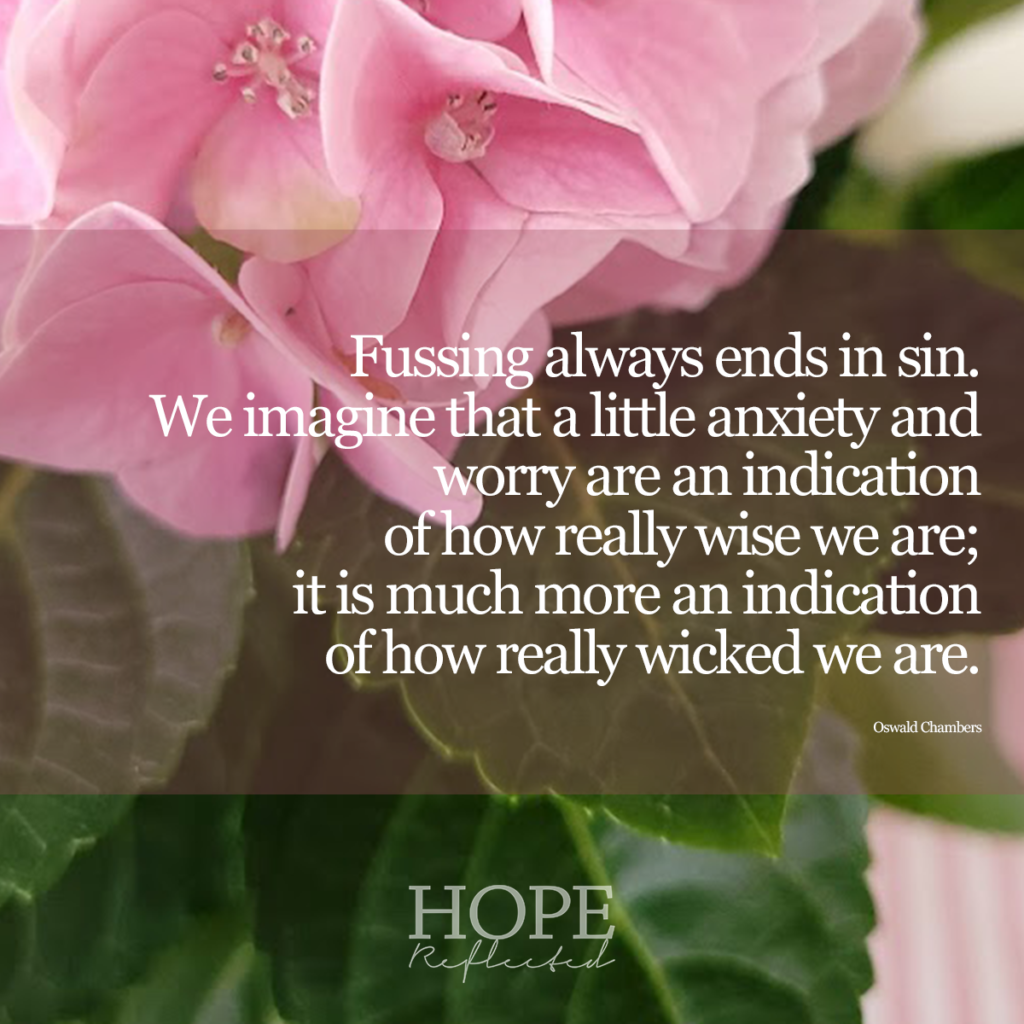

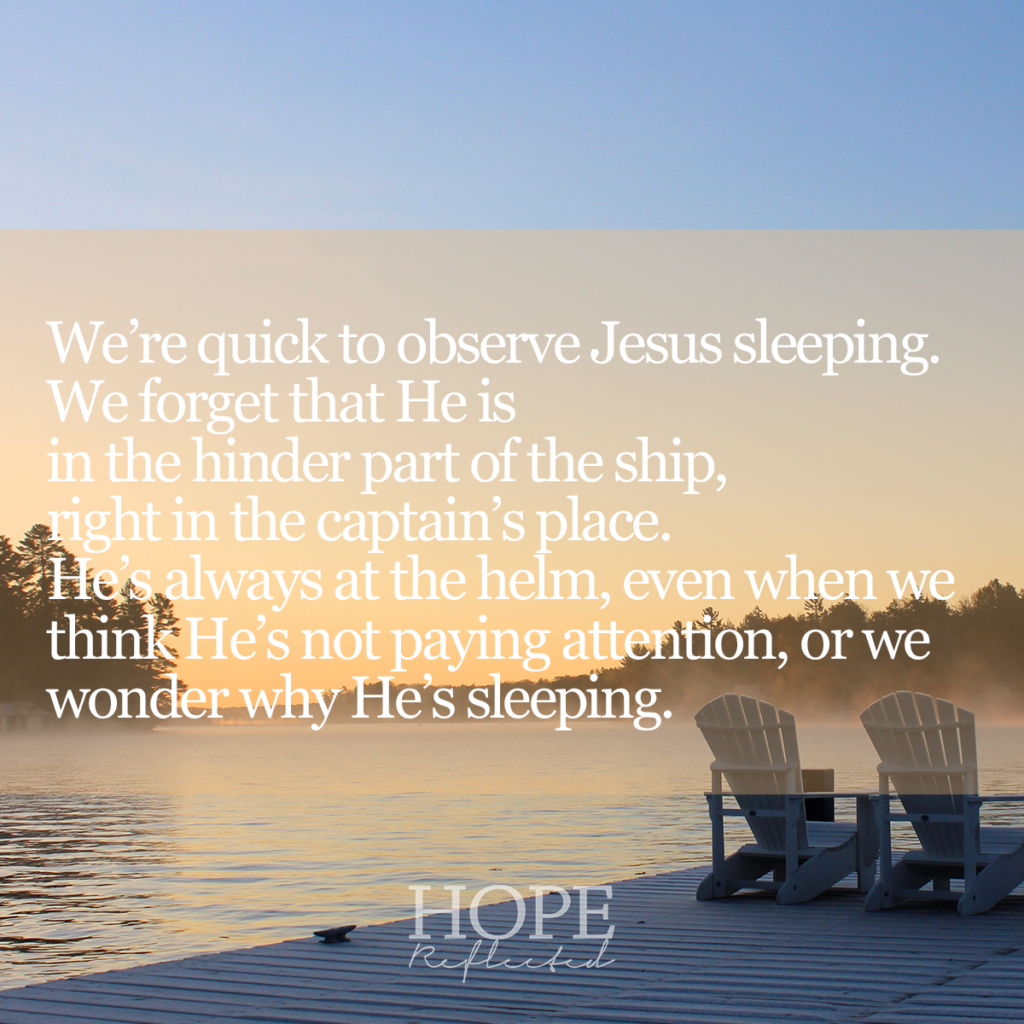
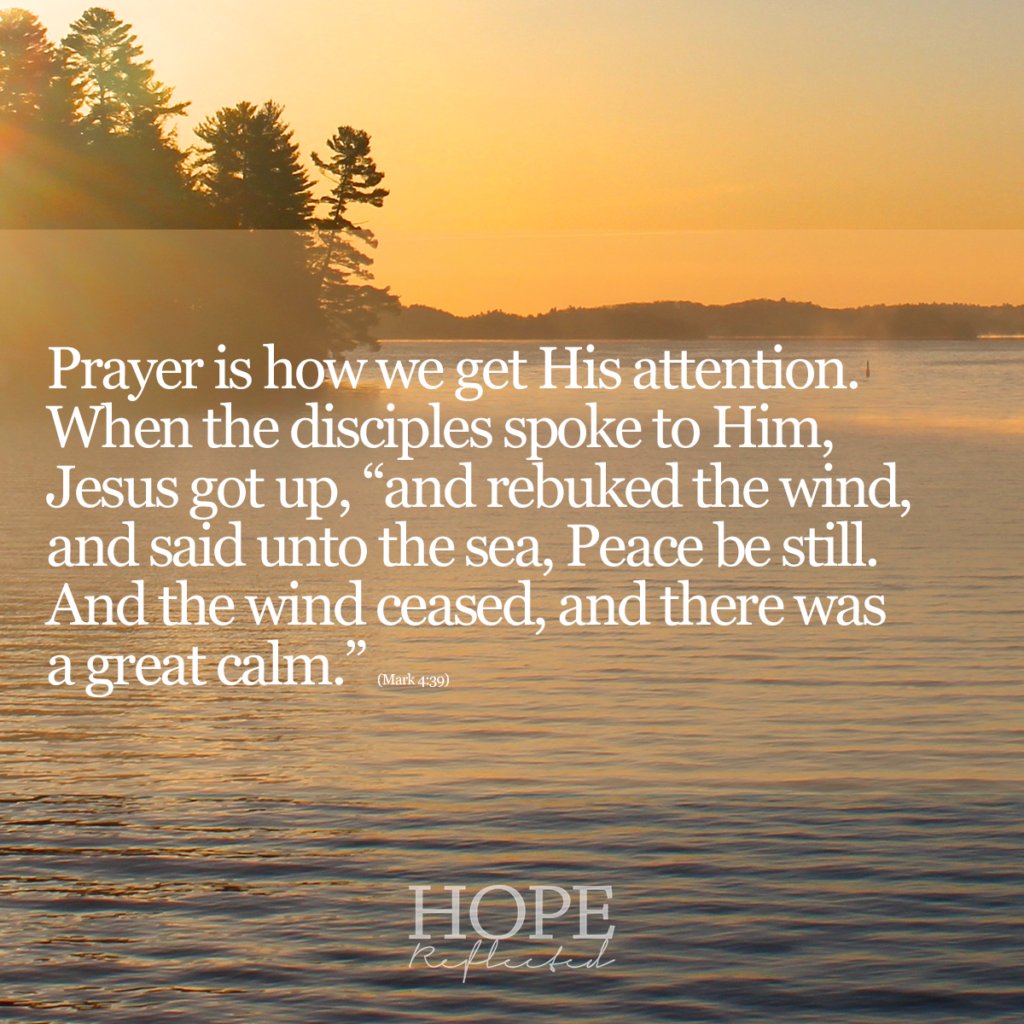
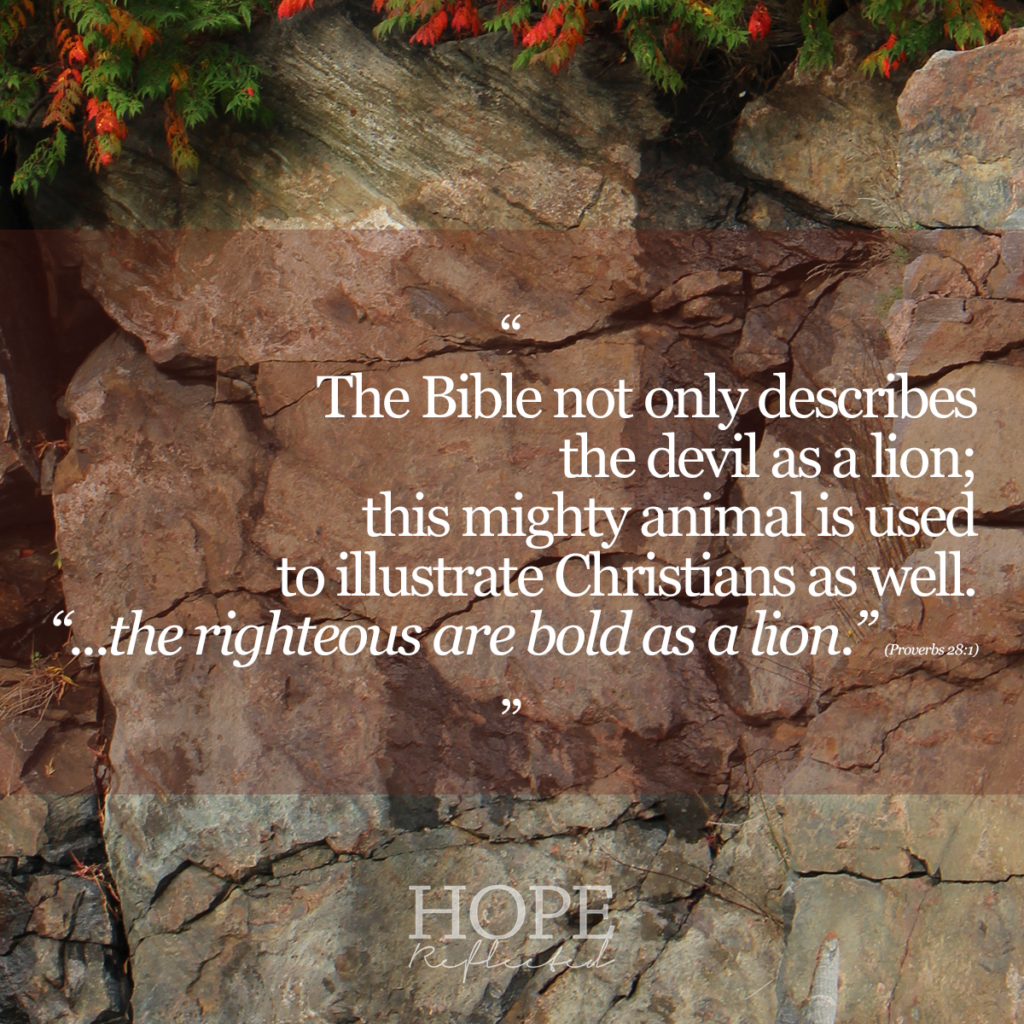

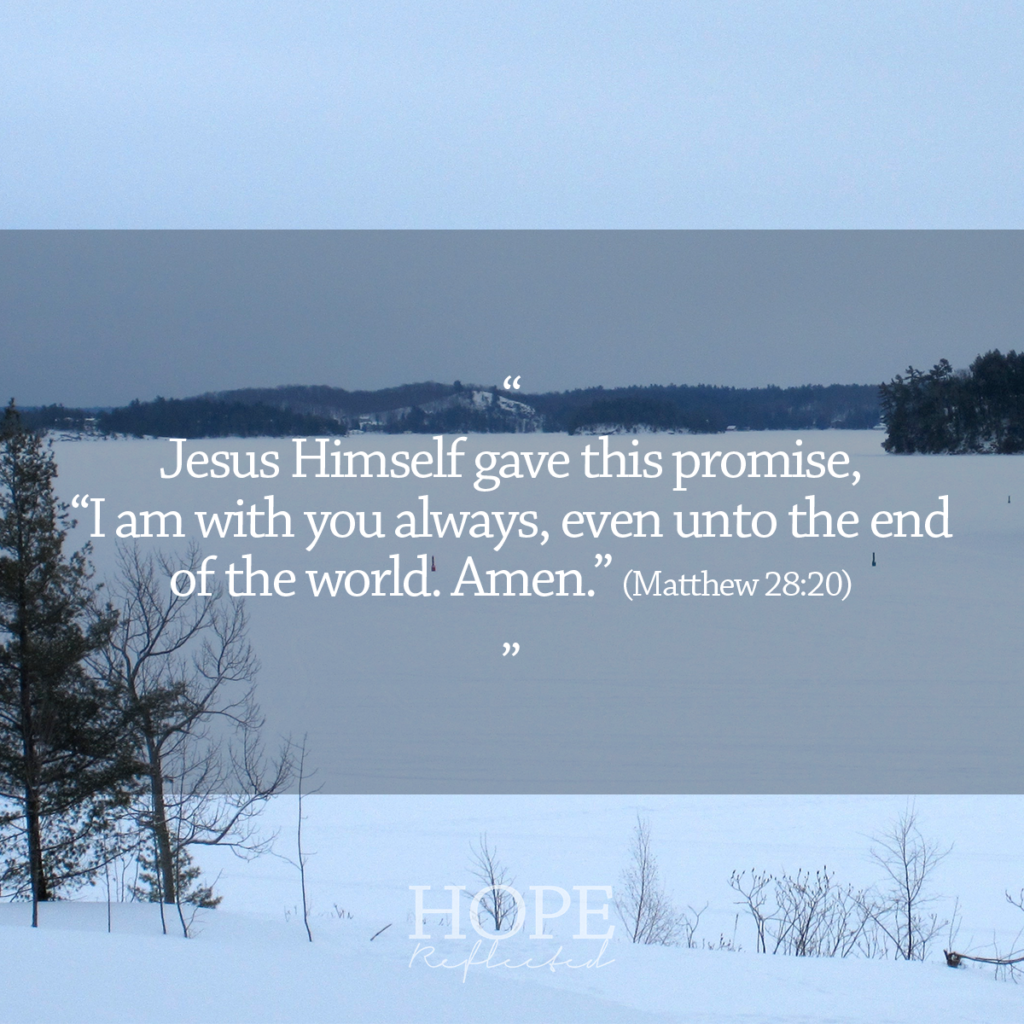
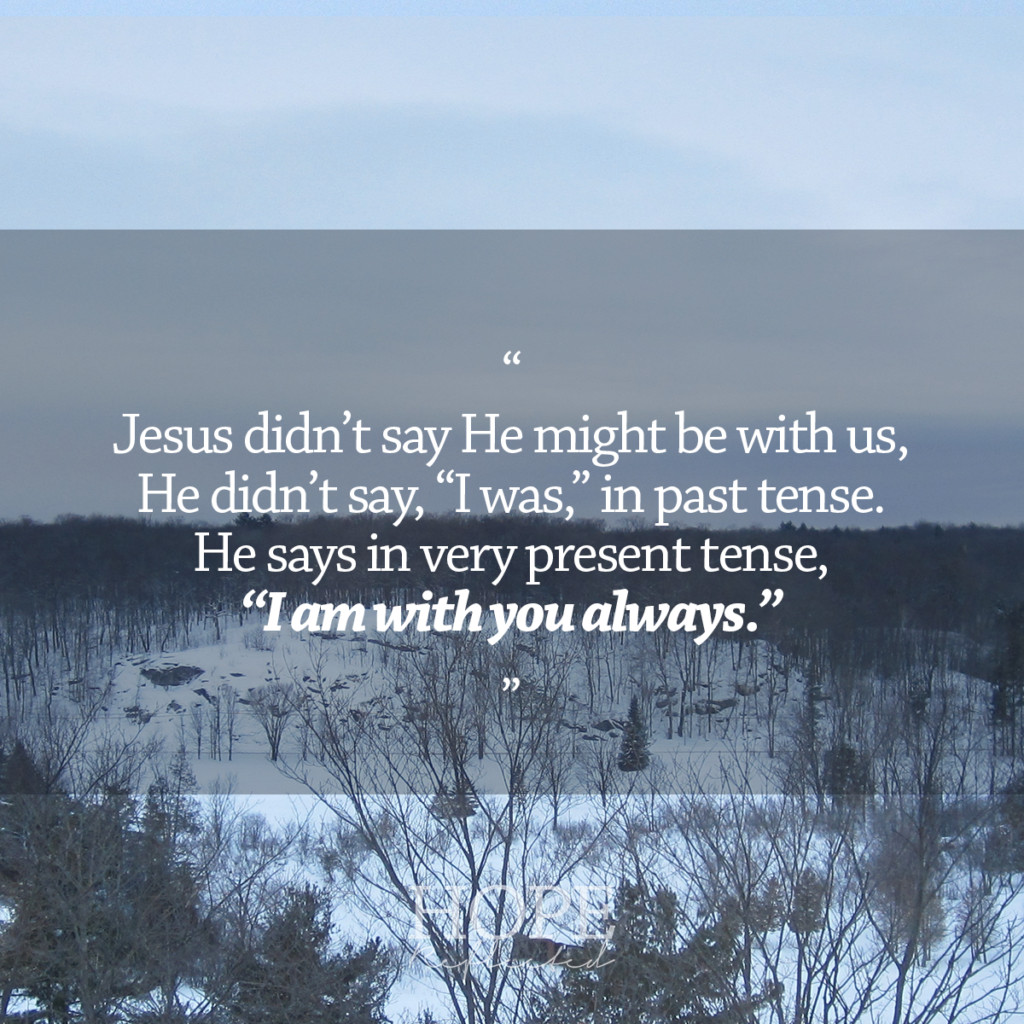
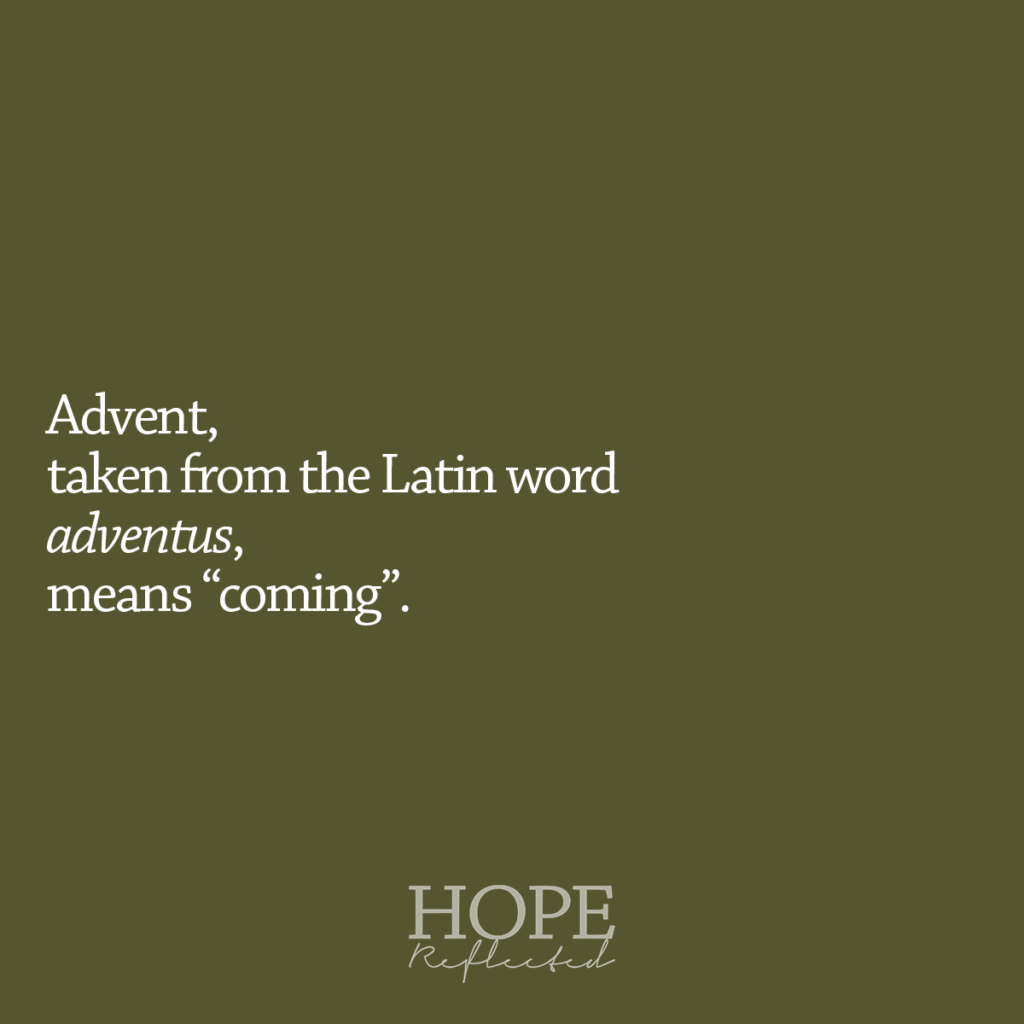
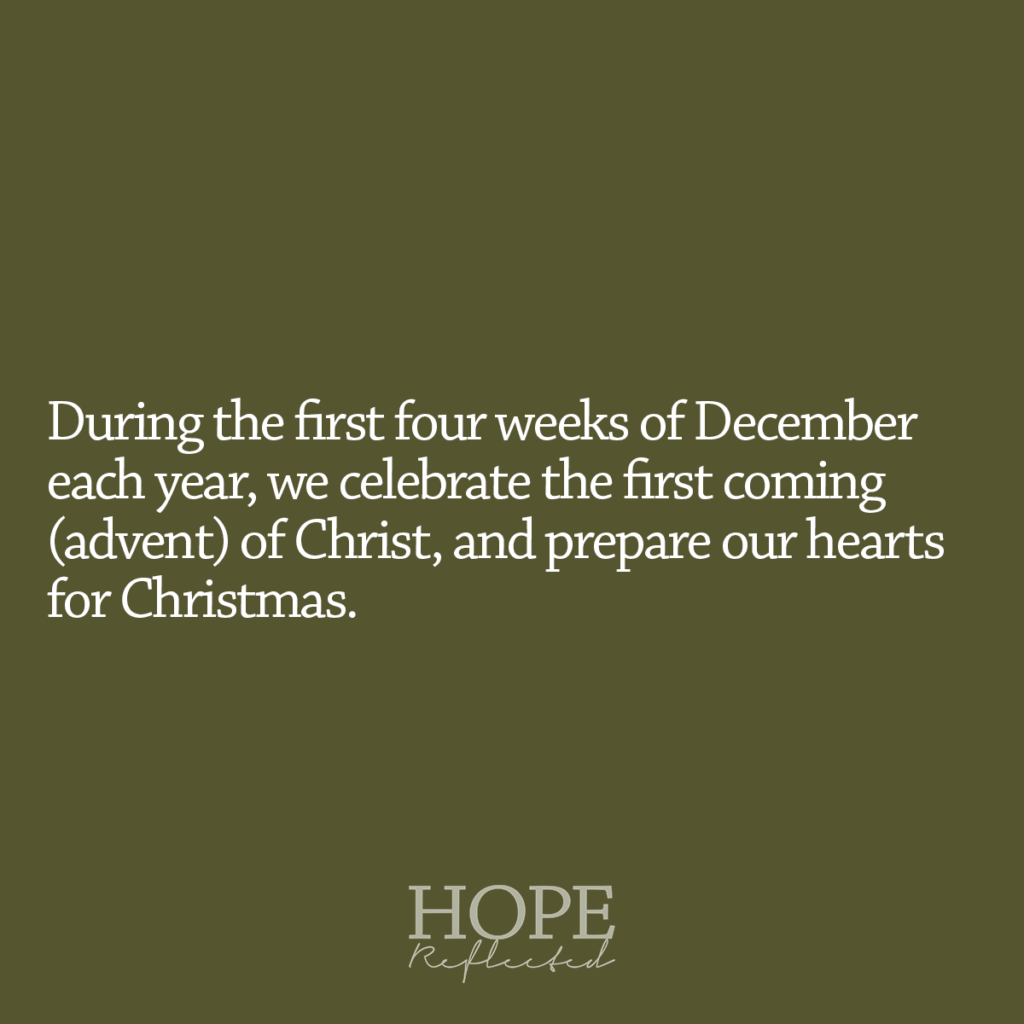

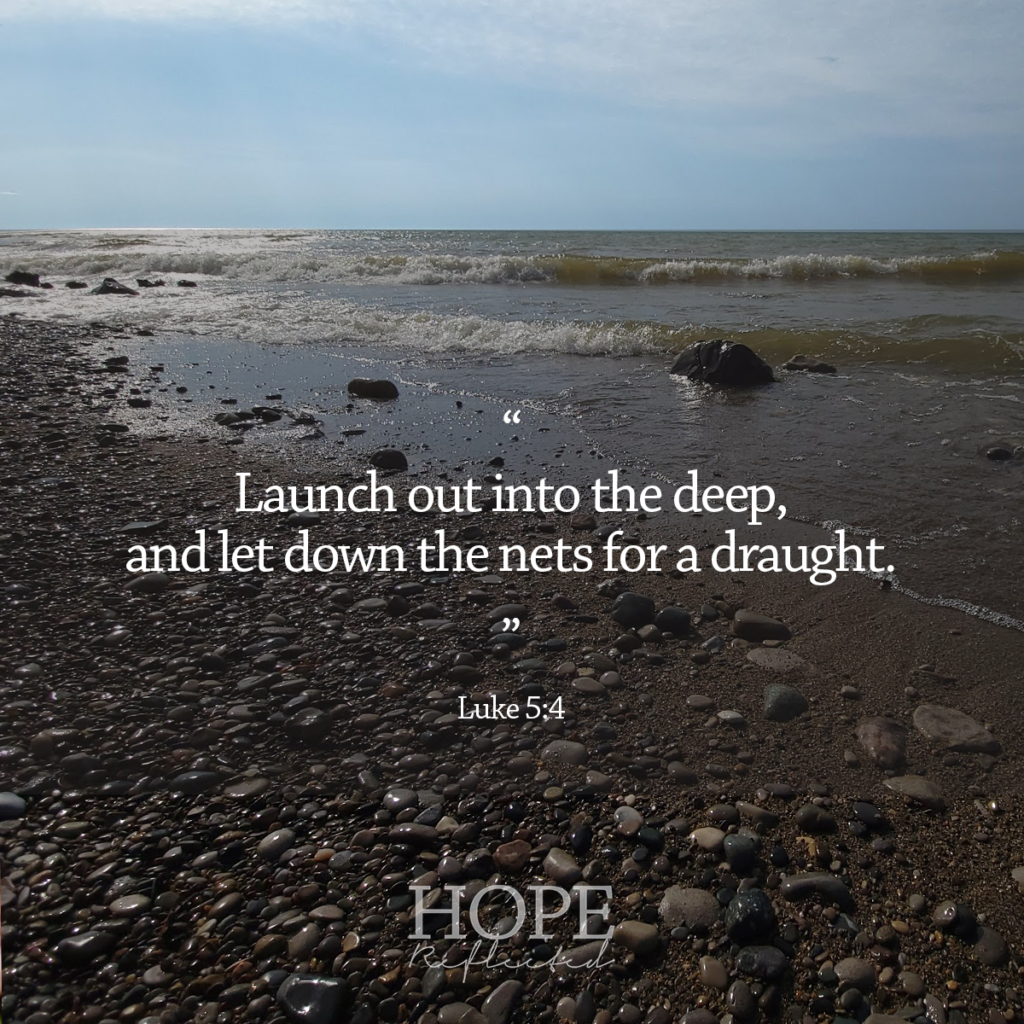

![False friends or counterfeit kindness; whatever you want to call it, the world is filled with people who will say one thing to your face and then another behind your back; people who will woo you in order to get something from you.
It’s sad, but it’s true.
The Bible provides us with examples from Joab to Judas, and yet, we’re surprised when we find ourselves deceived and hurt by someone else.
So what are some of the hallmarks of a true friend?
You can read more about this on hopereflected.com [Link in profile]
.
.
.
#friends #friendship #kindness #counterfeitkindness #hurt #proverbs #truefriends #hopereflected #blog #blogpost](https://www.hopereflected.com/wp-content/plugins/instagram-feed/img/placeholder.png)